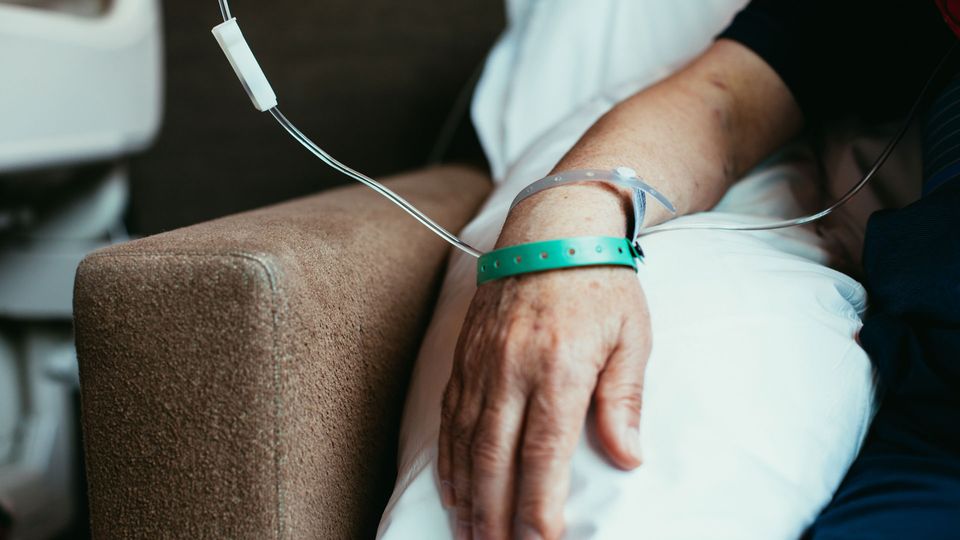Breast Cancer Treatments Linked to Accelerated Aging
Breast cancer survivors may experience accelerated aging due to the detrimental effects of breast cancer and/or its treatments.

Complete the form below to unlock access to ALL audio articles.
A new research paper was published by Aging (Aging-US) on March 7, 2025, titled “Accelerated aging associated with cancer characteristics and treatments among breast cancer survivors.”
Led by first author Cong Wang and corresponding author Xiao-Ou Shu from Vanderbilt University, this study examines how breast cancer and its treatments contribute to accelerated aging in survivors. Their study revealed that breast cancer patients show signs of faster biological aging compared to cancer-free individuals, with long-term effects lasting up to ten years post-diagnosis. This finding raises concerns about the potential lasting impact of cancer therapies on aging and overall health.
Want more breaking news?
Subscribe to Technology Networks’ daily newsletter, delivering breaking science news straight to your inbox every day.
Subscribe for FREEThe study found that tumor severity played a role in aging acceleration. Women with advanced-stage (Stage III/IV) or high-grade tumors showed the highest levels of aging acceleration. Additionally, treatments such as chemotherapy and endocrine therapy were linked to increased biological aging. One year after diagnosis, chemotherapy was associated with the most significant rise in PAA, while endocrine therapy had long-term effects, increasing aging markers even ten years after treatment.
Interestingly, not all cancer treatments had the same effect. Surgery and radiation therapy were associated with lower aging acceleration over time. These findings suggest that systemic therapies, which affect the whole body, may contribute more to aging-related changes than localized treatments.
The findings highlight the need for ongoing monitoring of breast cancer survivors beyond their initial recovery. Understanding how cancer treatments influence aging can help improve post-treatment care and potentially lead to strategies that reduce these effects. Further research is needed to explore whether lifestyle changes, medications, or other interventions could slow down aging in cancer survivors.
As the number of breast cancer survivors continues to grow, addressing the long-term health consequences of cancer treatment is crucial. This study provides valuable insights into how different factors contribute to accelerated aging, helping to shape future research and healthcare approaches for breast cancer survivors.
Reference: Wang C, Vis JBD, Nguyen K, et al. Accelerated aging associated with cancer characteristics and treatments among breast cancer survivors. Aging. 2025;17. doi: 10.18632/aging.206218
This article has been republished from the following materials. Note: material may have been edited for length and content. For further information, please contact the cited source. Our press release publishing policy can be accessed here.

